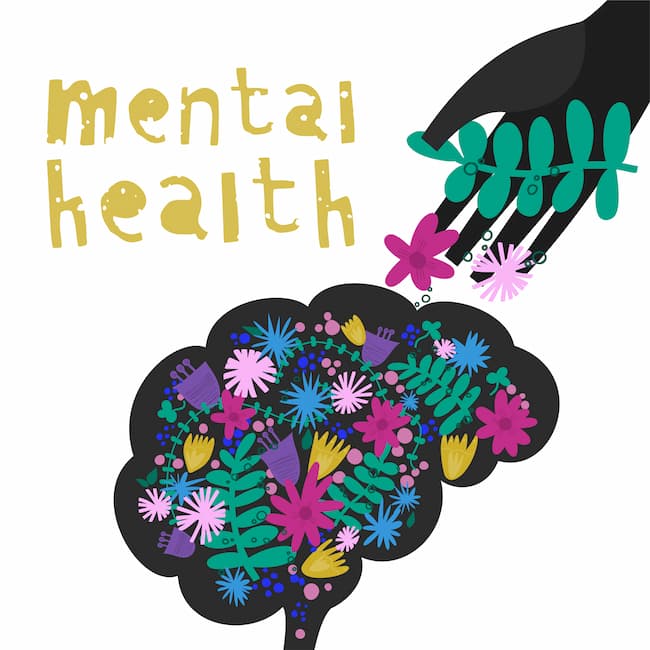A new report from the Nigeria Demographic and Health Survey (NDHS) 2023-24 reveals that 31% of Nigerian children aged 12-23 months are not receiving essential vaccinations.
This gap in immunization poses significant challenges to Nigeria’s goal of achieving universal immunization and reducing child mortality.
The NDHS report highlights key vaccines in Nigeria’s routine immunization schedule, including BCG for tuberculosis, oral and inactivated polio vaccines, and the DPT-HepB-Hib combination for diphtheria, pertussis, tetanus, and hepatitis B. Other critical vaccines include the pneumococcal conjugate vaccine (PCV) for pneumonia, rotavirus for diarrheal diseases, and vaccines for yellow fever, meningitis, and measles.
Despite these offerings, the report shows that only 39% of children aged 12-23 months received full vaccination coverage, signaling a pressing need for improved strategies to boost immunization rates nationwide. The survey also highlights significant regional disparities, with the Southeast achieving the highest BCG coverage at 93.9%, while the Northwest lags at 50.2%.
Urban areas generally show better immunization rates than rural areas, where logistical challenges and limited access to healthcare continue to hinder vaccination efforts. In 2022, Nigeria introduced the rotavirus vaccine in both northern and southern states to address diarrheal diseases, a leading cause of infant mortality. However, only 18% of children have received the third dose, reflecting low uptake.
Dr. Muyi Aina, Executive Director of the National Primary Health Care Development Agency (NPHCDA), calls the findings “concerning” and notes that the agency is intensifying efforts to reach underserved communities by collaborating with state governments to improve vaccination access.
Mrs. Chika Offor, Executive Director of the Vaccine Network for Disease Control, underscores the importance of public engagement to tackle vaccine hesitancy. “Increased funding for NPHCDA is critical if Nigeria is to achieve full vaccination coverage by 2030,” Offor stresses, describing the NDHS data as “a wake-up call.”
Health workers on the ground also report difficulties in reaching remote areas. Ms. Mariam Adu, a health worker in the Federal Capital Territory (FCT), highlights challenges in logistics, particularly in rural communities. “We’re doing our best to encourage vaccination, but logistical barriers remain. Sometimes vaccines don’t arrive on time, and without proper transportation, it’s difficult to reach remote families,” Adu explains. She believes mobile clinics could improve vaccination outreach. “When we go directly to villages, mothers are willing to vaccinate their children. With more support, we could reach even more families.”
Mothers visiting Garki Hospital in Abuja express frustration over the difficulty of accessing vaccinations. Mrs. Fatima Yusuf, a 28-year-old mother, shares her experience of walking over 40 kilometers to find that vaccines were unavailable. “Many women in my village want to vaccinate their children, but it’s hard to get to the health center, and even when we do, sometimes the vaccines aren’t there,” she says.
This highlights the ongoing struggle many mothers face in ensuring their children receive the necessary vaccinations to protect them from preventable diseases.













